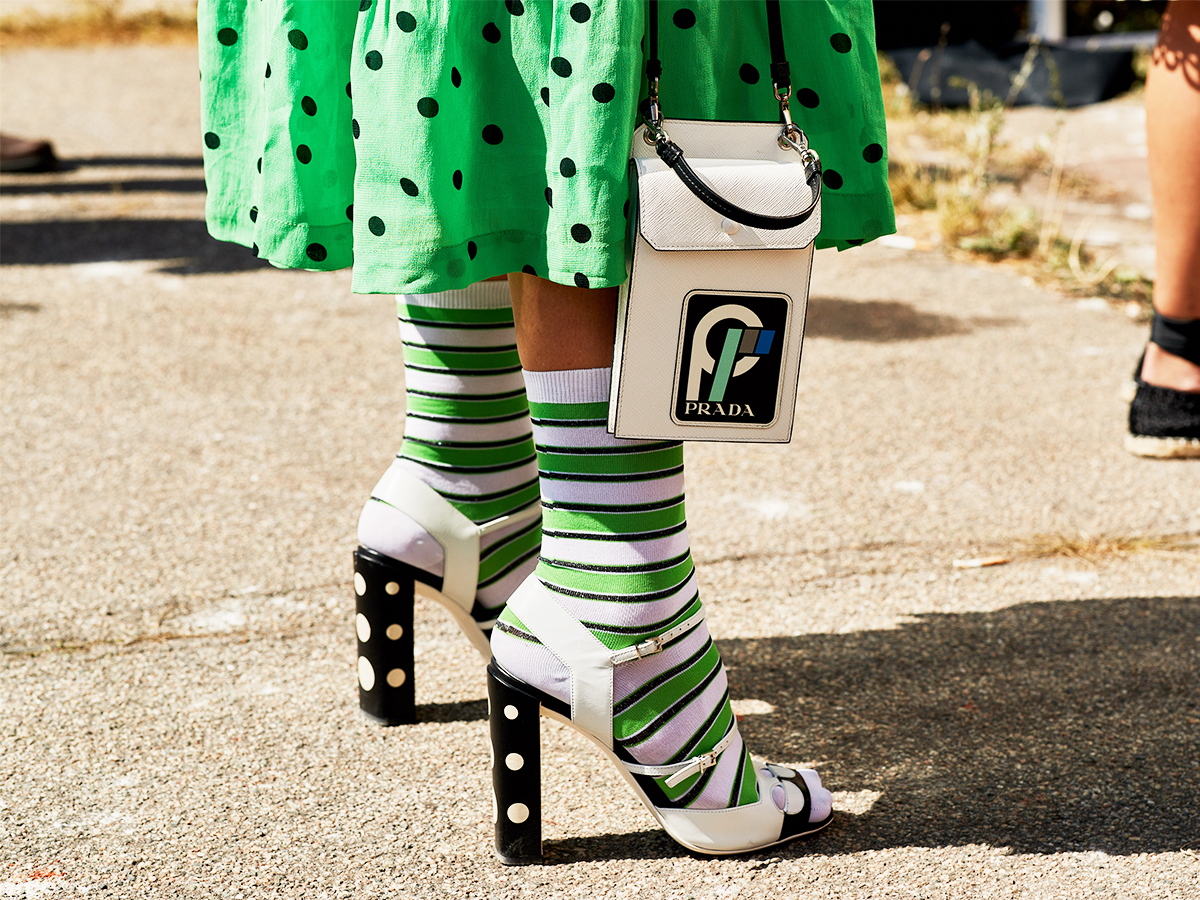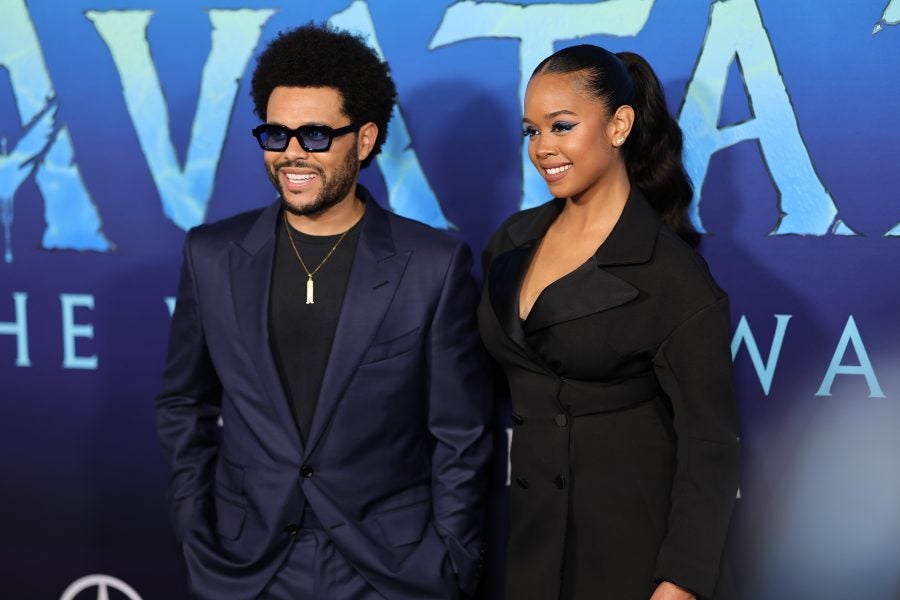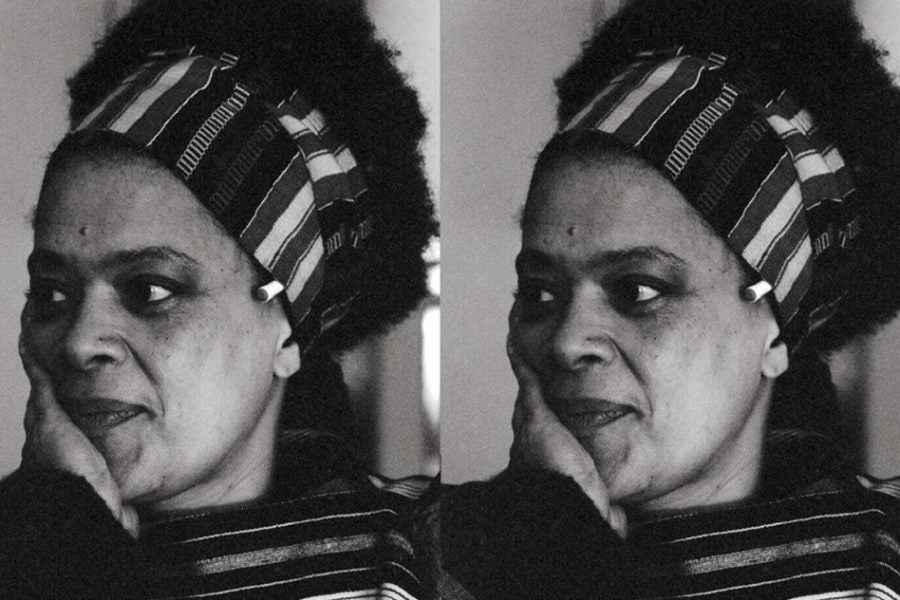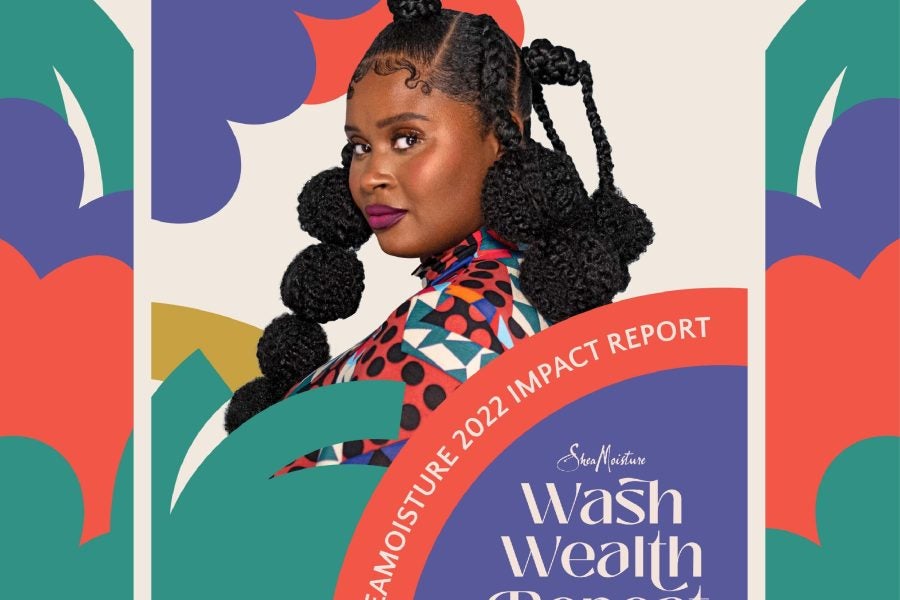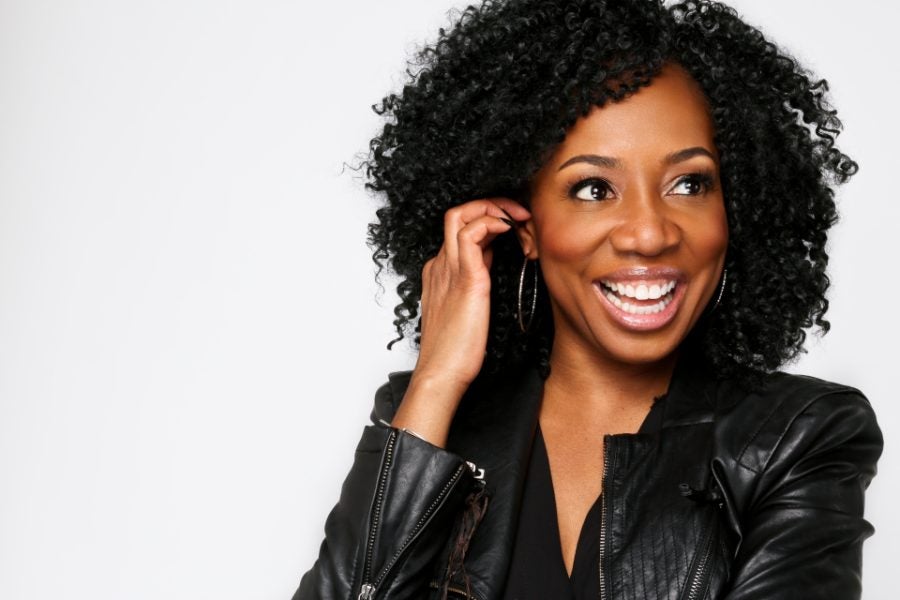
Pandemic restrictions have been nearly completely rolled back in most of the country and workplace leaders are eager to get their teams back into the office. But, unsurprisingly, women (particularly Black women) aren’t jumping at the chance to migrate into shared work spaces, and for good reason.
The Harvard Business Review pointed out that one study found that only 3% of Black knowledge workers wanted to return to full-time on-site work, as compared to 21% of white peers. Additionally, a report by Future Forum revealed that Black, workers all heavily favored hybrid or fully remote work at much higher rates than white workers do.
A PwC report suggests that more than 70% percent of people surveyed in the US had concerns about returning to the office after covid 19. Another report mentions that 54% of those surveyed do not want to return to the office. Forbes reports that only 9% of those surveyed in the US wanted to return to the workplace.
Microaggressions and occupational segregation among other grievances are some of the key reasons behind Black women’s return-to-office hesitancy.
Wall Street alumna turned DEI expert, Dee C. Marshall, says that because of this, workplace norms need to shift.
“Many professional standards are by design rooted in a mindset of majority workforce established at a time when historically underrepresented individuals were not seen as equal and therefore rules were established based on norms of the majority,” Marshall said. “The practices and policies for the most part have not been updated beyond a discrimination clause or an overall attempt to course correct old ways to new rules. Not all of the following apply to underrepresented groups, but women and generationally the new comers to the workplace are making a positive contribution in challenging what doesn’t make sense.”
She recently sat down with ESSENCE to share her insight on which workplace norms need to be canceled and why. Here’s what we mean.
Professional Dress Code
From Expensive dresses, suits, heels to muted colors and styles, many of us mindlessly adhered to clothing expectations to move up the corporate ladder — this is particularly true for Black women.
“Professional dress code identified as business suits, matching suit jackets and pants, mix match pieces, dresses, hard bottom shoes, high heels, and pantyhose is influenced and could possibly be replaced by Hip Hop culture and Tech casual, jeans, hoodies, sneakers, soft soles, dresses and other transferable wardrobe,” said Marshall.
Professional Hair
Black women’s hair has been policed for years, particularly in the office. For instance,
Public discomfort with Black women’s natural hair has been evidenced by the hundreds of workplace discrimination lawsuits brought by employees. For example, in the case of Chastity Jones V. The Supreme Court, Jones claimed a job offer was rescinded because she refused to cut off her locs.
Marshall said these sweeping legal changes should trickle down to the workplace.
“Professional hair is workplace code that centers whiteness as the professional standard and unprofessional as anything other i.e. ethnic, natural or expressive styles typically worn by people of color.”
Standard Business Hours
For decades, companies have enforced 5-day, 8-hour work schedules despite data showing its archaic nature.
As a result, there have been a number of companies across the globe playing with the idea of implementing the four-day workweek model. For example, Microsoft Japan piloted a a shorter workweek program, called “Work-Life Choice Challenge 2019 Summer,” in which 2,300 employees “chose a variety of flexible work styles, according to the circumstances of work and life.” It was a success and Marshall said he’s not surprised.
“There have been a number of companies and countries tinkering with the four-day workweek. Microsoft Japan experimented with a shorter workweek program, called “Work-Life Choice Challenge 2019 Summer.” The company gave its 2,300 employees the opportunity to “choose a variety of flexible work styles, according to the circumstances of work and life.” It was a success and Marshall isn’t surprised.
“Standard business hours and close of business (COB) is no longer the majority, rather more inclusive of global workplace and flexible work arrangement,” she said. “It’s canceled.”
Unpaid Internships
In 2021, a controversial debate was sparked on Twitter after sports journalist Jane Slater posted an internship opportunity, encouraging interested candidates to apply. The issue? It was unpaid.
Users pointed out that this sort of labor can be exploitative, especially in an economy ravaged by ballooning costs of living. Marshall says employers should do away with unpaid work opportunities altogether.
“Unpaid internships where the company, big brand benefits from the work is a systemic barrier that perpetuates disparities in pay/compensation, economic and wealth for historically underrepresented groups is canceled.”

